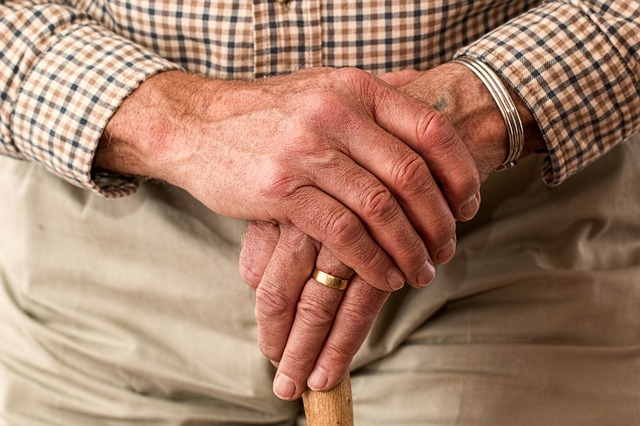Winter can be a wonderful time of year, with families gathering for the holidays and the sun glistening on ice and snow. Yet, it can also pose some extra health challenges, especially for older adults.
If you’re a senior or caring for one, learn how to protect yourself and those you love during the colder months. Study these tips before winter arrives.
Protect Your Heart:
- Raise your awareness. Shoveling snow isn’t the only winter hazard, but it may be the most obvious. Keep in mind that your heart is working harder all winter long to keep your body warm, so blood pressure and the risk of heart attacks increase.
- Shovel safely. When you do shovel, take it easy. Go indoors for a break about every 15 minutes, and check your pulse until it returns back to normal. Stay away from caffeine, alcohol, and tobacco because they’ll add to the strain on your heart.
- Watch your diet. Holiday parties and sitting around indoors can lead to weight gain. For the sake of your heart and your waistline, choose nutritious foods and measure your portions.
- Review your medications. If you’re taking prescriptions for your heart or any chronic conditions, ensure you have an adequate supply. You don’t want a blizzard or holiday closing to catch you by surprise.
Stay Warm:
- Limit your exposure. Seniors are especially sensitive to falling temperatures, which can increase the risk of lung spasms as well as heart attacks. If possible, stay inside on the coldest days or bundle up, including covering your face with a scarf or ski mask.
- Prevent hypothermia. Hypothermia occurs when body temperature drops to 95 degrees or less. Call 911 if you see warning signs such as cold skin, confusion, and sleepiness. You can reduce your risk by staying indoors and keeping the thermostat at 65 degrees or higher.
- Treat frostbite. Frostbite can spread to your bones unless treated promptly, so cover up when you’re outside. If your skin becomes white or numb, soak the area in warm water and get medical help immediately.
- Check your heaters. If you use space heaters, keep them at least 3 feet away from anything flammable. Double-check your smoke and carbon monoxide detectors too.
Other Suggestions for Avoiding Winter Health Risks:
- Avoid slips and falls. Watch out for icy sidewalks and streets. Wear sensible shoes and take small steps.
- Get your flu shot. Most medical experts recommend flu shots for anyone over 65, with very few exceptions. Early immunization is more effective, but a later shot may still help you stay well or lessen your symptoms.
- Shine a light. Shorter daylight hours can affect your sleep and aggravate symptoms of depression and dementia. Try to get some sunlight in the morning by taking a walk or just sitting by a window.
- Exercise regularly. Staying fit can help you manage many chronic conditions that often become more intense in winter. In addition to keeping your heart healthy and watching your weight, you may be able to reduce joint pain associated with arthritis.
- Socialize more. Feeling isolated could be as unhealthy as smoking 15 cigarettes a day, according to one major study. If heavy snowfalls and freezing temperatures are keeping you inside, stay connected with regular phone calls or see if there is anyone who can visit you occasionally.
- Talk with your doctor. Your individual risks may vary depending on factors such as the state of your health and the medications you take. Discuss any questions you have with your doctor.
Start preparing now for a safe and comfortable winter season. Taking the appropriate precautions can help seniors to stay warm and happy until spring returns.






Leave A Comment
You must be logged in to post a comment.